There has never been a documentary quite like Daniel Roher‘s “Navalny,” a late addition to the festival’s US Documentary Competition, and by turns easily the category’s funniest and most bleak title. It’s safe to say that no one has ever captured moments like Daniel Roher and his crew does: a politician investigating their own poisoning, using that information to prank call the accomplices, and then watching him be arrested in his home country. The end. It’s a real-life tragicomedy, charcoal-black Armando Iannucci stuff, until it faces the crushing reality of how much the people on the other side are not laughing.
The hero of this documentary is none other than Alexei Navalny, a politician, political activist, and savvy media figure who has spoken out against Vladimir Putin in Russia in the past, and tried to run against him. The Kremlin hates him, clearly—Putin won’t even say his name during press conferences. Navalny was poisoned by the Kremlin in 2020, creating a type of media circus once the flight he was on had to make an emergency landing. The conspiracy persisted, with medical officials whisking him away before eventually deciding to release him to his family where he could get medical attention in Germany. Throughout the film, we meet Navalny at a bar, in what seems like modern time. He shares his perspective and attitude in a stark interview, showing his persistent sense of humor and lack of ego. It’s glimmer of what Russia could look like under a warmer, down-to-earth leadership, all the more sobering when you realize it’s not the latest part of the film’s chronology.
Roher profiles Navalny by filming him after the poisoning, when he is in a peaceful corner of Germany with his family, restoring his health. With the help of data gurus, Navalny helps obtain the information of the people behind the plot to kill him, tracing it to the Kremlin. The documentary is not about the past—as if encouraging you to do your own Wiki search later—but rather beholding what Navalny decides to do in the face of this immense conspiracy. When he is able to diagram the entire plot to kill, it’s about prank calling and tricking a sleepy chemist on the other end to reveal all the information, a way of exposing Putin to the world media, and sealing the prankee’s fate. And in the movie’s harrowing climax, it’s about witnessing Navalny as he decides to return to Russia, challenging Putin to arrest him at the airport.
It’s tricky to recommend “Navalny” as a good documentary, even though it very much is that. It’s entertaining and a jaw-dropping profile in courage—the prank call centerpiece is truly mind-blowing, only to come with devastating gravity like the plane to Russia that eventually lands and puts Navalny back in the hands of Putin. There is something brutally honest about “Navalny” as a high-wire act. The film strikes a singular balance between fearlessness and hopelessness, forcing us to reckon with why he put himself in that position, to not only grieve when he falls.
Margaret Brown’s “Descendant” reckons with the power of recording and sharing history, of talking about it, of not letting it fade. Its universe is built a slave she named the The Clotilda that carried 110 slaves into Mobile, Alabama more than 50 years after trading slaves was considered a crime punishable by death. The ship was then destroyed. For a hundred years or so after, the descendants of the slaves were afraid to even talk about it, while the captains and their white families have kept silent. But as the generations of Black families have passed in this part of Alabama, and the story has gotten louder in public, there have been efforts to preserve these family stories with historical implications. But the ship is somewhere out there, buried but never forgotten. “Descendant” is a sprawling tapestry of American lives and a buried truth.
If the first act of this epic documentary feels a bit slow, that’s more about the passage of time. It too is waiting for The Clotilda to be found, but it takes this time to get to know the residents on a deeper level. It walks with them, or slowly glides up to them, it follows them around a graveyard. It listens to them talk about this history that has been passed down, but that can still be traced to a house. Or there’s VHS footage too of one of the residents, Lorna Woods, who made a point to talk about the history with people and have them feel the history to see how real it was. The footage helps continue to the story, but it becomes clear how essential Brown’s presence is to gathering and documenting all these pieces.
“Descendant” bestows these residents a cinematic power, bonding them with a text that wrote about the lives involved: Zora Neale Huston’s Barracoon: The Story of the Last Black Cargo, which was published in 2018 after a long editing delay, a fight to preserve the written voice of Cudjoe Lewis, the last known survivor of The Clotilda. The residents of Africatown are shown reading in particular elegiac sequences. Meanwhile, Brown paints a sense of how the white Meaher family continues to control the land, with their factories releasing chemicals that have led to medical issues for residents. They own a lot of properties, while the remnants from their own can still be seen.
When The Clotilda is found midway through the film, “Descendant” expands and becomes even richer, focusing on the modern criteria of what to do with the ship, what it means to the residents, and how much its confirmed presence vindicates these stories that have been told for so long. The story is even more about the people who are involved with the project, or have family members; “Descendant” jumps around to different lives, while showing the sense of a community that has been empowered by this find. And without making too immediate a point on it, “Descendant” makes a vital connection to the current, ridiculous debate concerning critical race theory. When there is the support of such a massive community as seen in “Descendant,” those who do not want to talk about history are hiding it for a reason.
“Aftershock,” directed by Paula Eiselt and Tonya Lewis Lee, is an eye-opening and alarming documentary about a health issue Black women in America, who have a history of higher maternal mortality rates as seen in countless stories of hospital negligence. The film is powered by two raging parallel currents, of outrage and hope, as it talks about how the system has been flawed in caring for Black women; it details the tragic stories of Shamony Gibson and Amber Rose Isaac, who faced negligence from their hospitals with regards to their care and resources. It becomes clear how they would still be with us if they were given better care, and how much their deaths are part of a health crisis in America.
In the film’s urging to share its insight, we learn about the history of Black women as a commodity for birth and how they were experimented on, while midwives then became valued slaves. Among its many fiery moments, the way that the film breaks down the history and industry of birth for Black women can be infuriating and harrowing, as it also traces to when men started to take over birthing roles, deciding what was best for women. “Aftershock” makes it clear how this is a direct part of urgent statement about Black Lives Matter, articulated powerfully by Shamony’s mother, Shawnee Benton-Gibson.
At the same time, it shows many people who are pushing to make a change, including the partners of those women who are paid beautiful tribute to throughout the documentary. “Aftershock” creates a sense of a full movement that is working to change these conditions, while the men find a community for fathers. A friendship between two of the grieving partners, Omari and Bruce, is an incredibly touching depiction of finding someone who recognizes such an unfathomable loss.
Balancing its emotional weight with a clear mind, “Aftershock” provides a through perspective on this issue, and the impact that it has. One of the most moving arcs of the documentary involves a couple in Tulsa who are ready to have a baby, but seek a type of comfort and care outside of the hospital system. The result is a triumphant birthing scene of earned tears, showing what greatness comes from care, and how the overall industry has birth has a lot more work to do for Black women.
You can view the original article HERE.
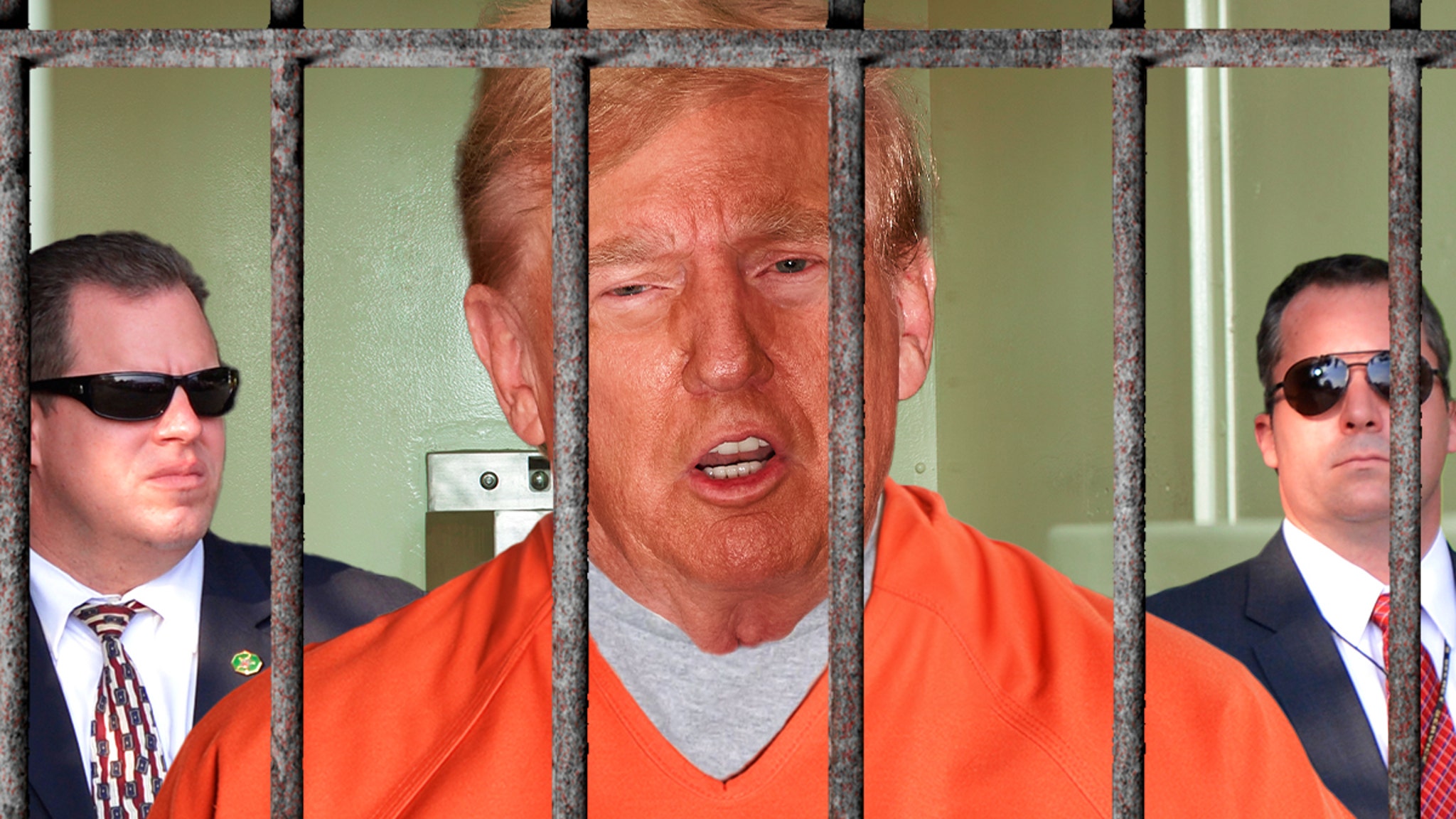

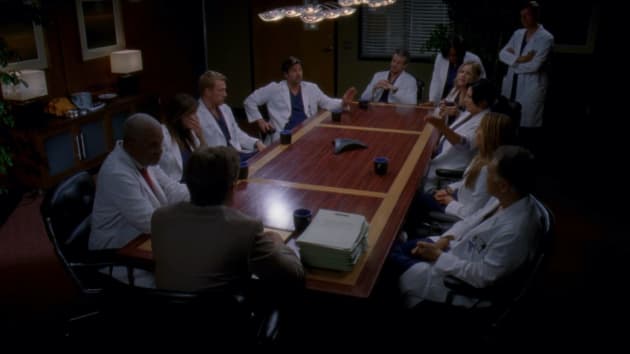

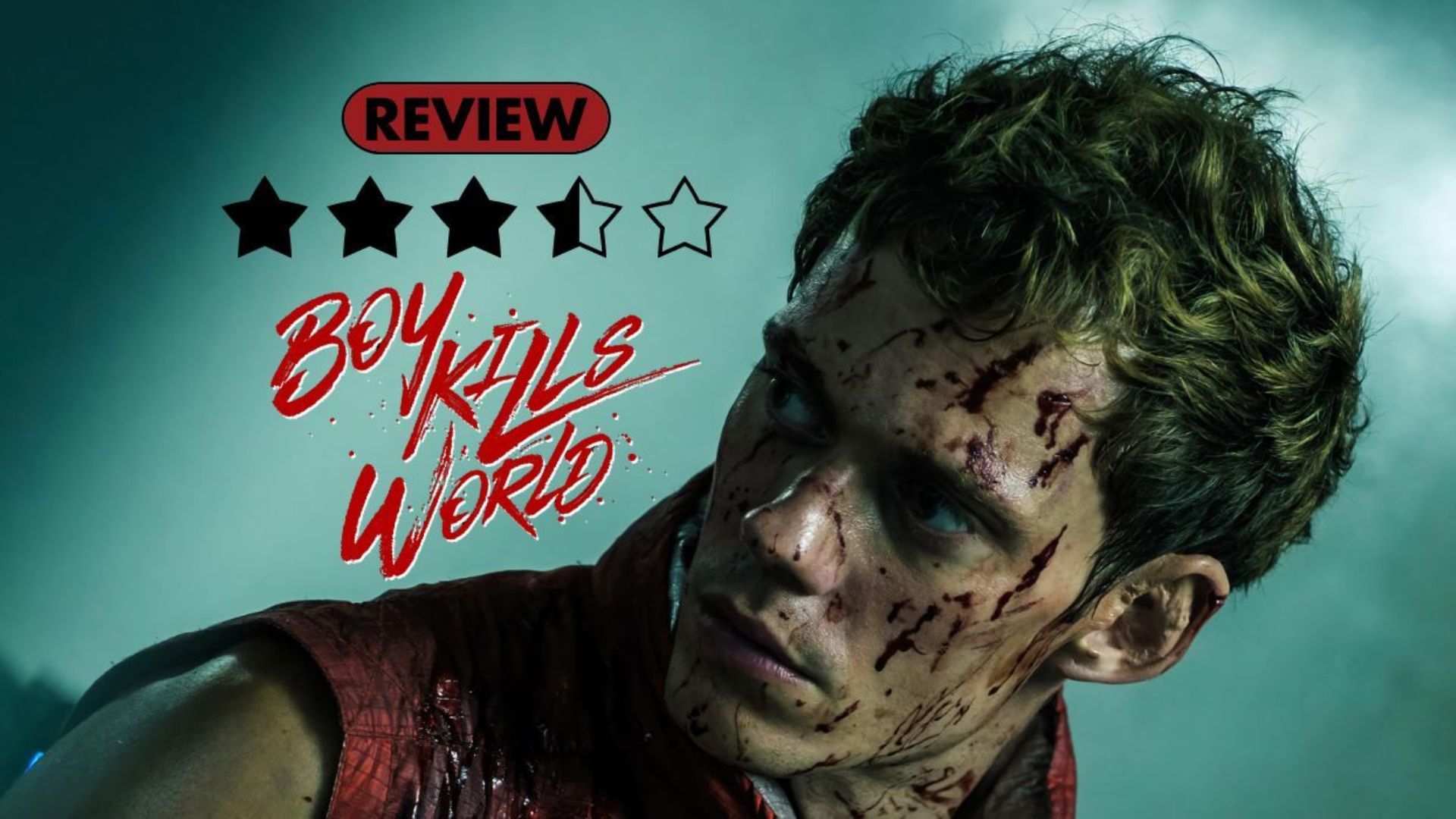
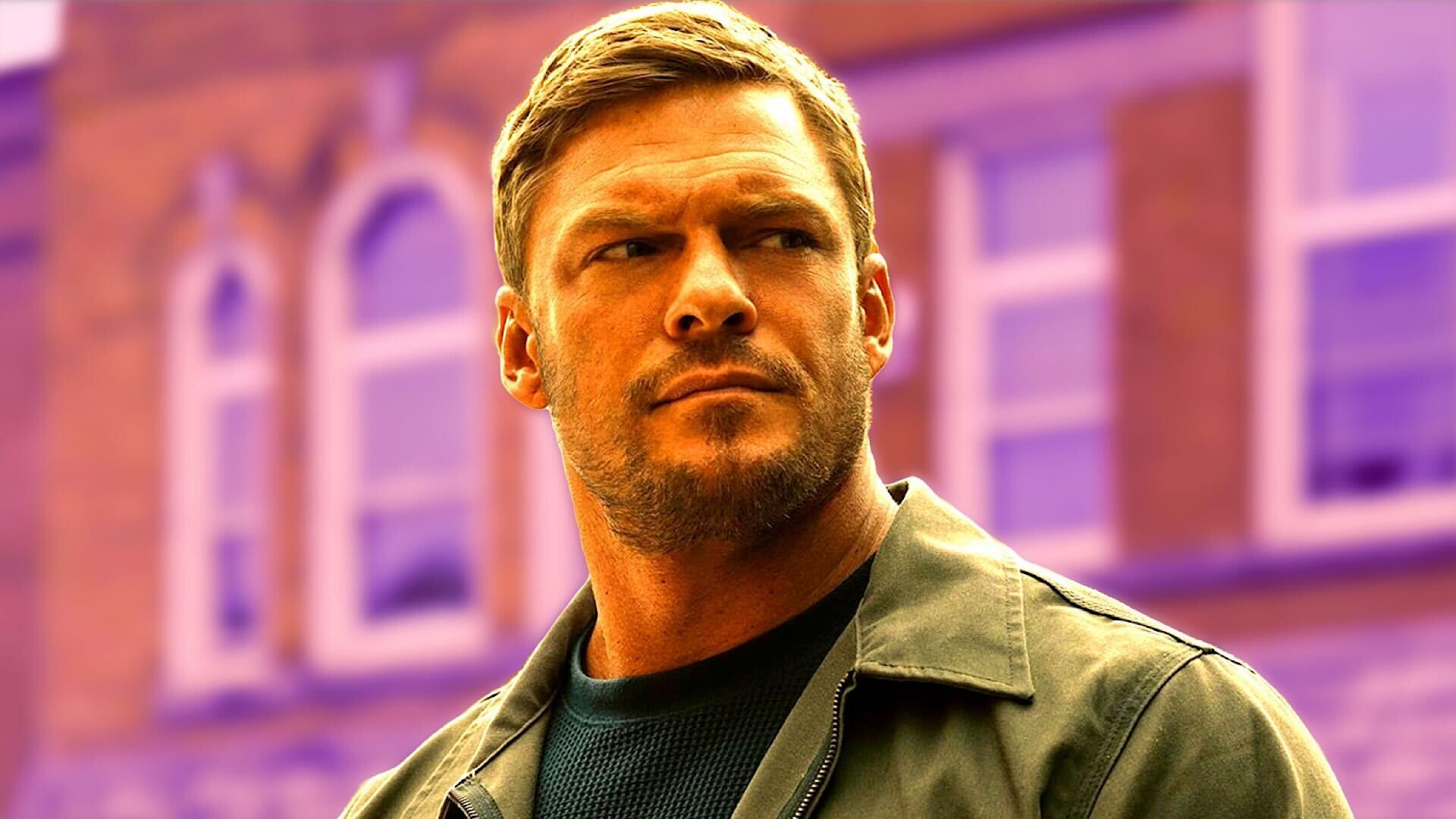

:quality(85):upscale()/2024/04/22/931/n/1922283/abb74e546626d4adbd7255.17882634_.jpg)

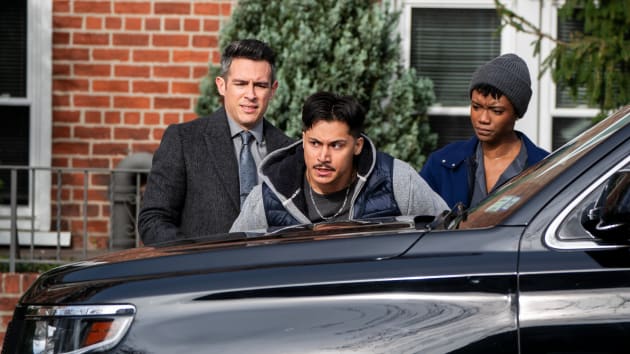

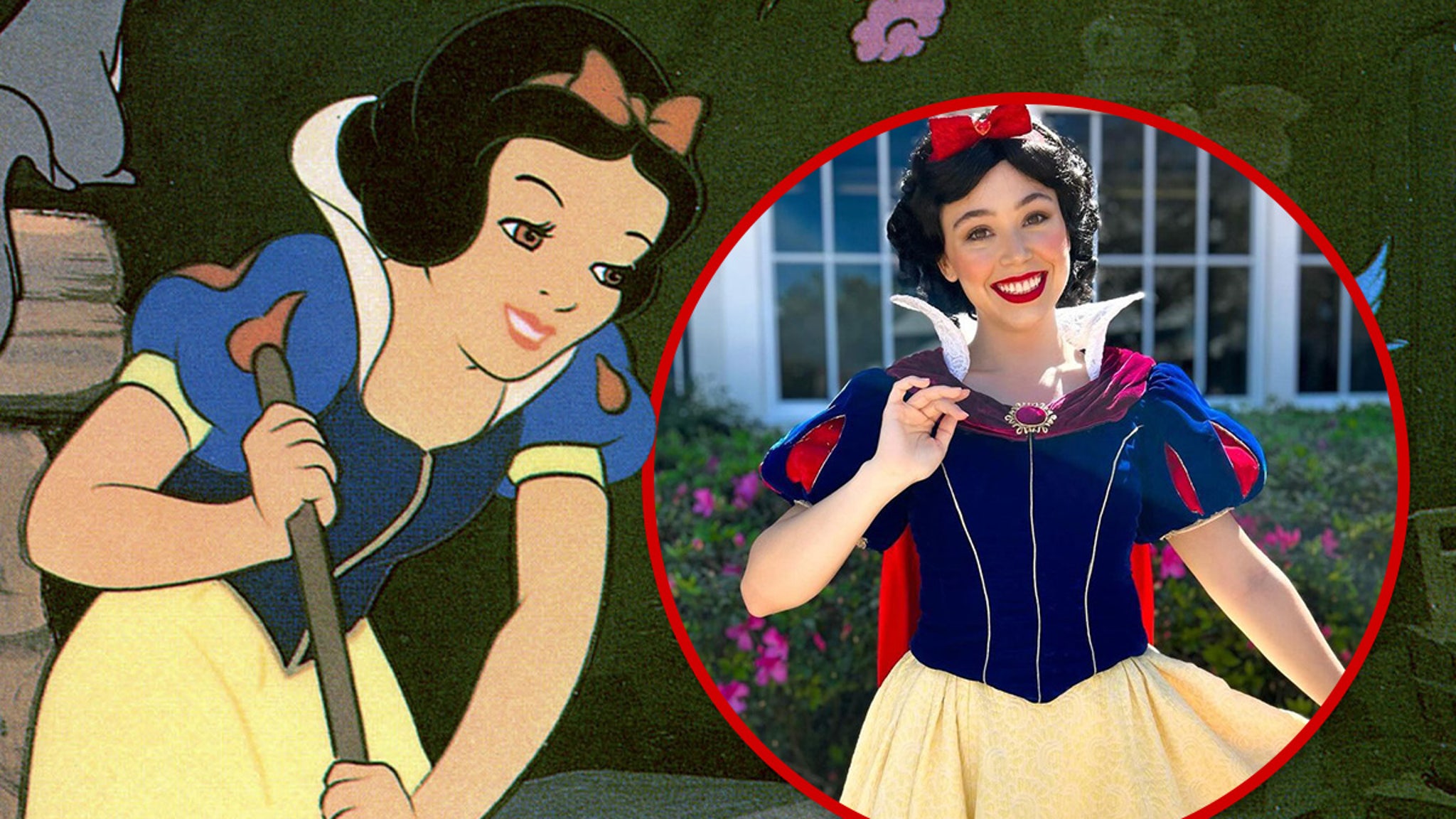



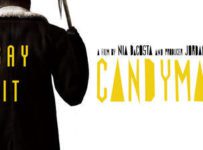





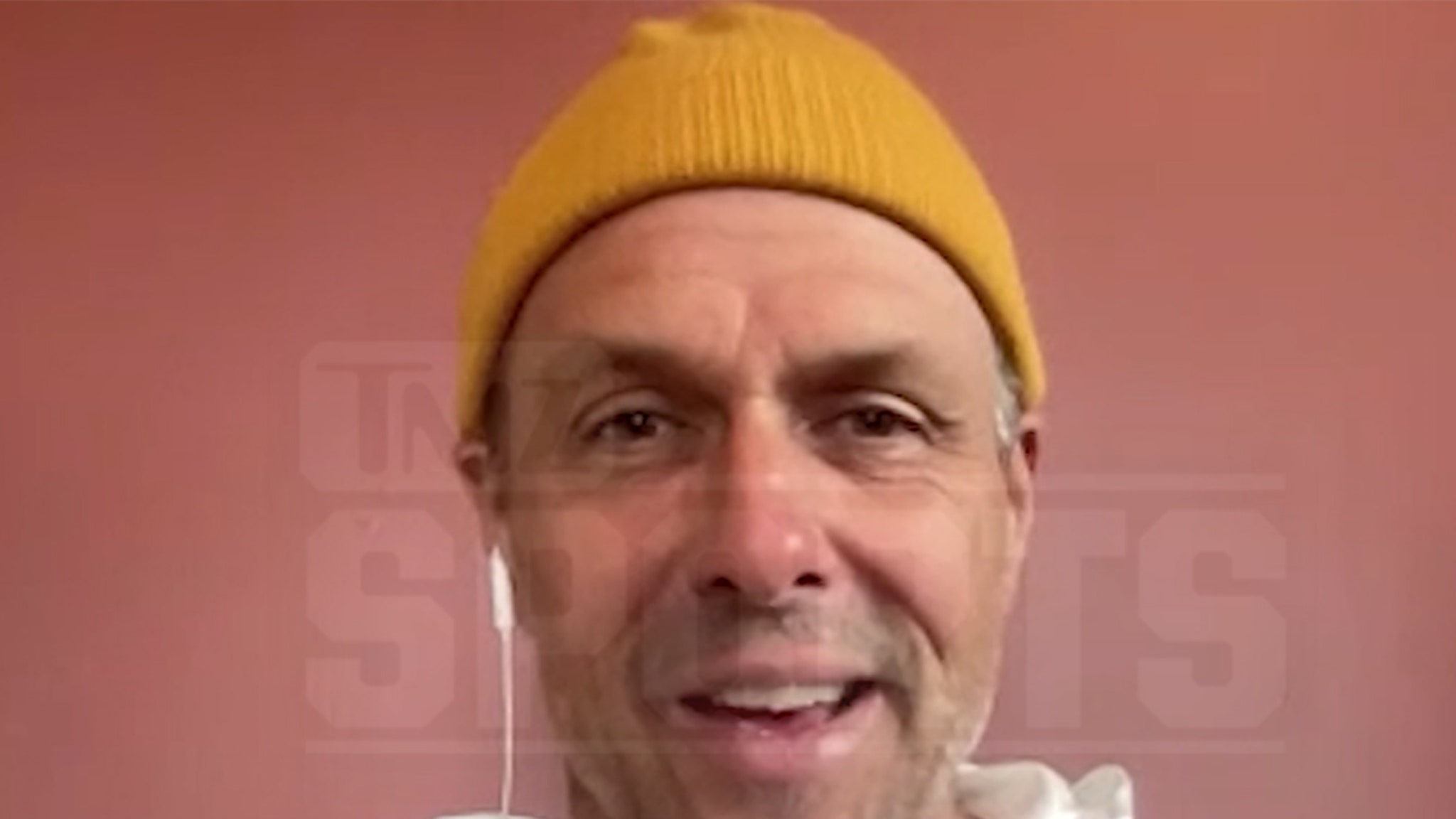




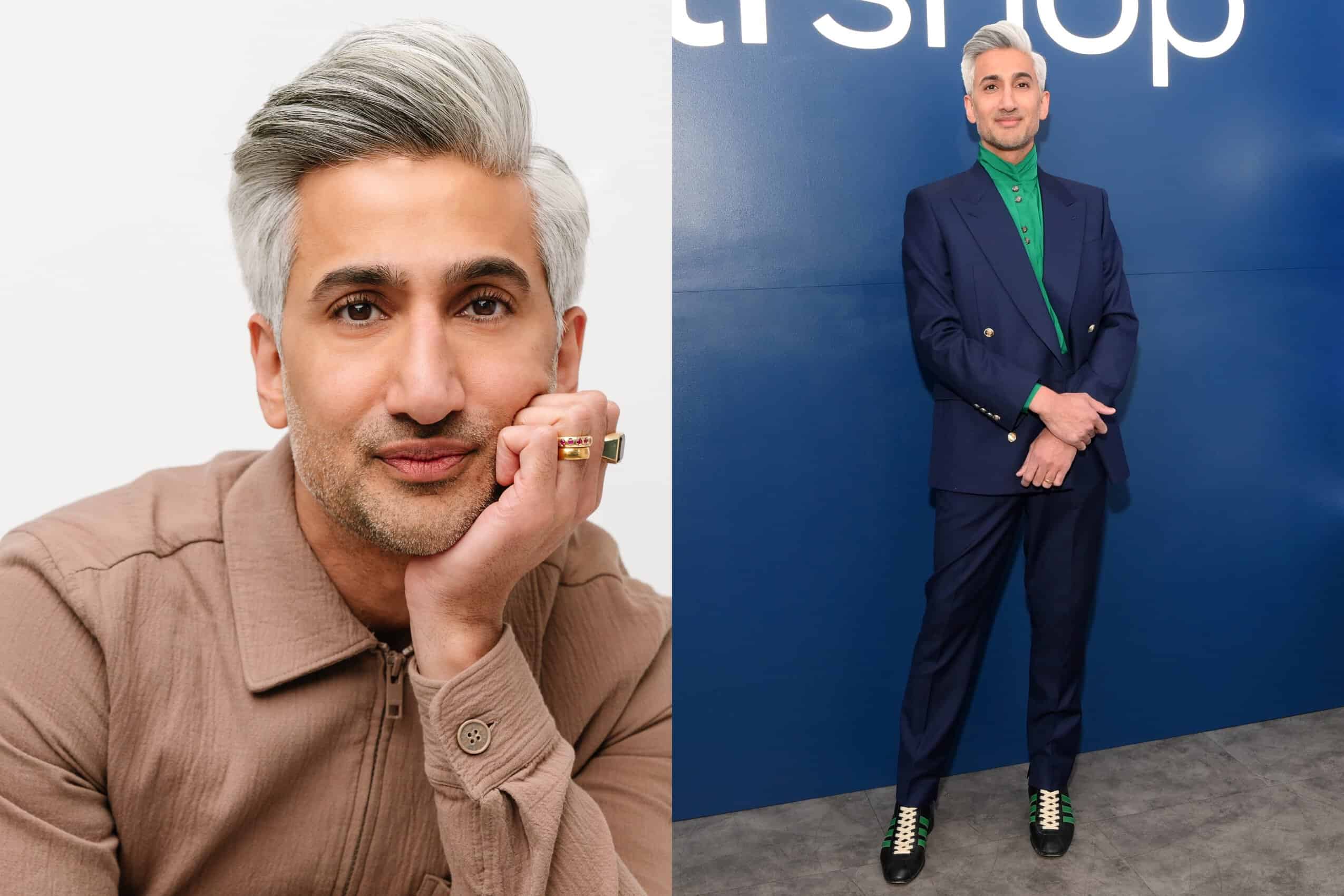


:quality(85):upscale()/2024/04/22/180/n/1922564/e053c58d662729043635a3.53124429_.jpg)